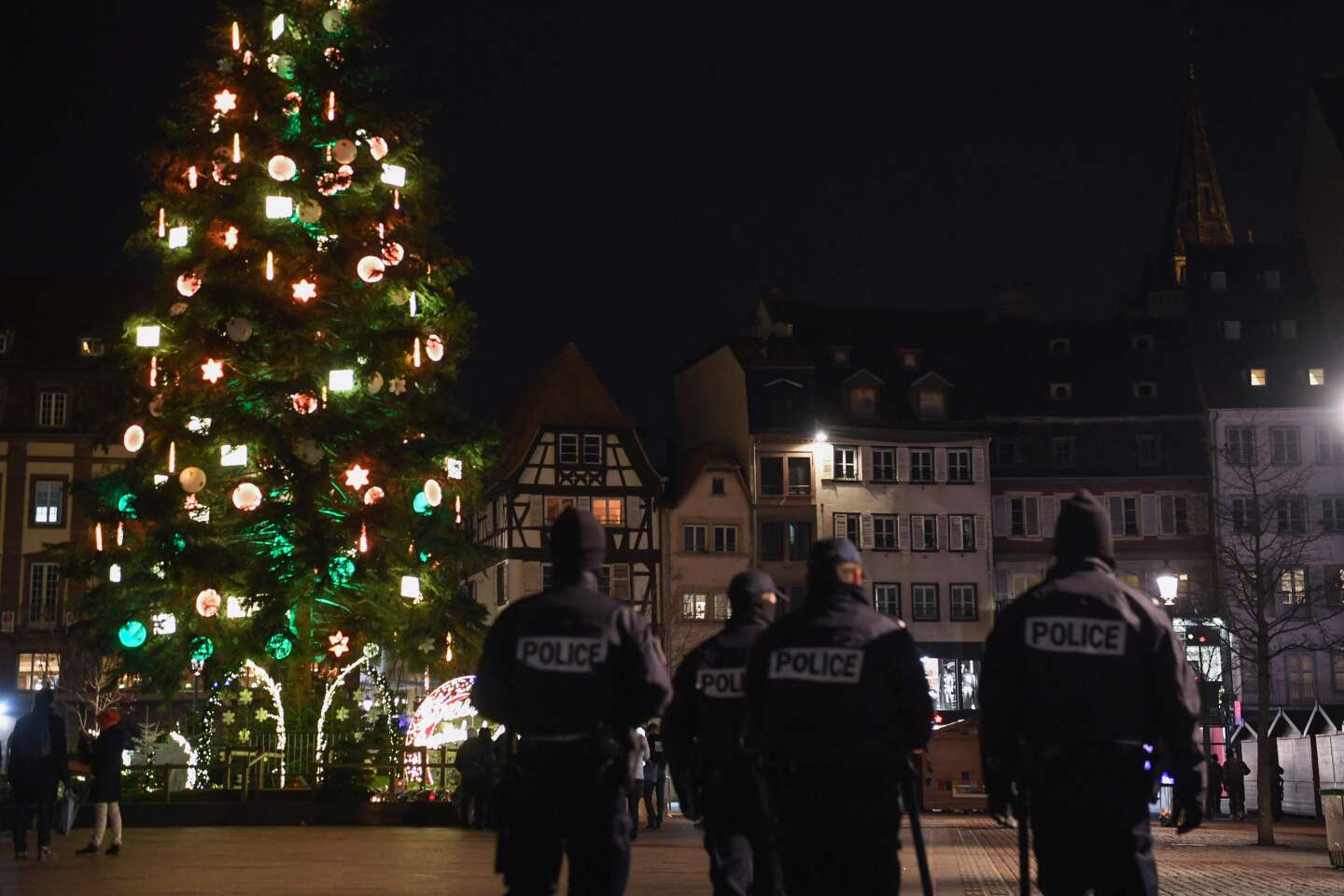


Audrey Mondjehi had no doubt hoped that he would escape the heavy sentence – 30 years imprisonment – requested two days earlier by the French public prosecutor. Before pronouncing his sentence on Thursday, April 4, the president of the Paris special criminal court, Corinne Goetzmann, declared him "not guilty" of the most serious crime requested by the prosecution: complicity in terrorist murders.
But the court ruled that the main defendant in the Strasbourg Christmas market attack trial was guilty of the second crime retained by the National Anti-Terrorist Prosecutor's Office (PNAT): association with terrorist criminals. Apart from this difference in analysis, the court also handed down the same sentence as the one requested with a 30-year jail term, including a permanent ban from French territory.
Mondjehi, 42, was born in Côte d'Ivoire and arrived in France at the age of nine. He was a short-lived star on the Alsatian rap scene and a seasoned delinquent. He had been on trial for five weeks for supplying several weapons to a neighborhood friend, Chérif Chekatt, including the pistol with which Chekatt murdered five bystanders on December 11, 2018.
'Lack of self-questioning'
With no visible reaction in his box, in front of the accused, the magistrate briefly motivated her judgment: "The court considered that complicity in terrorist murders was not constituted, since you had no knowledge, when handing over the pistol to Chérif Chekatt, that this weapon would be used that very evening to carry out an attack."
The crime of association with terrorist criminals, on the other hand, is much broader. For it to be constituted, it is sufficient for the accused to have been aware that the perpetrator of the attack was radicalized when he helped him, without having been aware of his plans. Given his "proximity" to Chekatt, the court considered that the accused was necessarily aware of the latter's radicalization.
So much for the legal framework. To justify the severity of the sentence, the president pointed to two factors. Firstly, his lengthy criminal record, which included 24 convictions "that had no dissuasive effect on his criminal career." Secondly, his attitude during the trial, during which he seemed to demonstrate a "complete lack of questioning of his actions and their implications."
Inconsistency
To say that Mondjehi was his own worst enemy at the hearing would be an understatement. The way he defended himself was simply disastrous. In the words of his lawyers, he "lied a lot," and "very badly." The accused also made numerous misjudgments, such as when he proclaimed himself to be a "mystery bouquet" (or a scapegoat) and to have "no blood on his hands," an ill-advised posture on the part of someone who admitted to having armed the terrorist.
You have 50.34% of this article left to read. The rest is for subscribers only.
